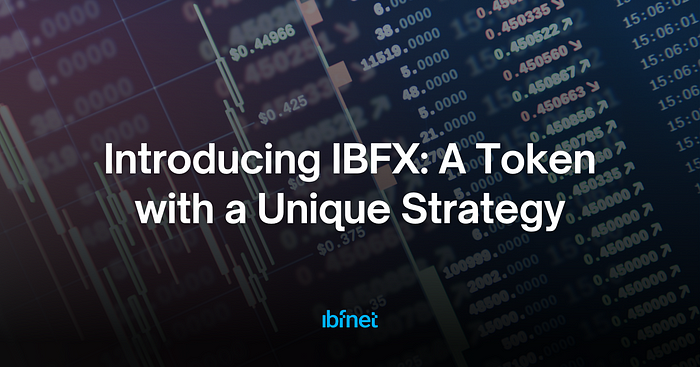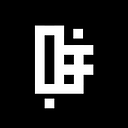Introducing IBFX: A Token with a Unique Strategy

This is Part 3 of a series: The IBF Net Story.
For Part 2 of this series, click here.
Let us begin with the question we raised and left unanswered in the previous part. How do we design our own token — as a utility token or a security token? How do we ensure that our token conforms to all the required norms of Shariah and is free from all the prohibited elements? Well, there is nothing inherently wrong with either utility tokens or security tokens; or even when tokens are used as a currency, from the Shariah point of view. However, everything is wrong about the ways and means adopted by most of the current breed of promoters selling tokens to finance their projects.
Consider this alternative scenario and judge for yourself.
Is this token sound from Shariah and ethical point of view?
1. A fixed number of utility tokens are minted by an existing project XYZ as part of its development plan.
2. It is meant for use within a network as a medium of exchange for transactions among its members.
3. It can also be used to pay for certain benefits and services, such as, access to e-library resources.
4. If a member uses this token as a means of payment for certain services, such as enrolment into a course or buy certain merchandise offered within the network, s/he can avail deep discounts in prices.
5. The initial value of XYZ token is pegged to USD, with a fix rate for conversion from one to another. So, in effect, XYX replaces USD as unit of account or measure of value.
6. A member is encouraged and allowed to create and top up its wallet with required and restricted number of XYZ tokens; in amounts that s/he requires for carrying out the transactions.
7. The clear benefits to a member if s/he uses this utility token instead of USD for doing transactions are meant to increase its adoption over time.
8. Meanwhile, the project is developed via funds from technology grants and donations.
9. There is no pre-public or public sale of XYZ tokens to raise funds for project development.
10. The project comes to fruition and number of users crosses a threshold over a period of about 18 months from the date of initiation.
11. The project owner is now sure of the “utility” that a holder receives by purchasing XYZ and of adoption of X by large and increasing number of members of the network.
12. It decides to de-peg XYZ with USD and list it on a “respectable” Exchange.
13. XYZ is now an open digital currency exchangeable with other top global digital currencies.
14. Simultaneously XYZ is opened for public sale at a price that is independently determined, based on valuation by an external accounting firm.
15. XYZ is expected to trade around fair value as there is no price manipulation engineered by the project owners; the third-party valuation provides a rational benchmark price.
16. The holders of XYZ are assured of liquidity and fair return on investment as price of XYZ is expected to appreciate with increase in its value. They are of course, exposed to normal market risk, that they understand fully and are willing to bear.
You may find that the path chosen by this token is uniquely different. It is sold to the public as an “investment in a utility token”, only after the developed project is in place; only after its utility is there for everyone to see. The token is sold at a price that reflects all relevant information about its utility or value. There is no misinformation as such information is vetted by a third party before being released to the public. The token is another ethical alternative investment.
You guessed it right. The token XYZ under discussion is the IBFX token that is designed to be the native and in-verse currency of IBF Net: the Islamic business and finance network.
What are various types of tokens created by IBF Net?
IBF Net designed two broad categories of digital tokens — IBFX (IBF-Exchange) and IBFS (IBF-Esteem) — to be used among its members. IBF tokens vary with respect to the rights and obligations for the members of the Network and are expected to perform multiple roles. While IBFX tokens are meant to perform the roles of (i) medium of intra-network exchange, (ii) unit of account and (ii) store of value, the IBFS tokens are meant to be collectibles with “esteem” value.
Note the following features of these tokens.
· The tokens are designed as an Algorand Standardized Asset (ASA) that enjoy all the security, scale and economy associated with layer 1 Algorand protocol.
· All tokens are in the nature of utility tokens as distinct from security tokens, that give holders a right to use the network and benefit from resources free or at below- market prices.
· All tokens are free from security regulations, since they are not in the nature of security tokens.
Well, that appears to be too many details. What is important however is to ensure that the demand and supply of these tokens balance or that demand marginally exceeds the supply so as to slowly and steadily pull up the intrinsic value over time. This however, demands an understanding of the factors governing demand and supply of the tokens or what is called their tokenomics.
